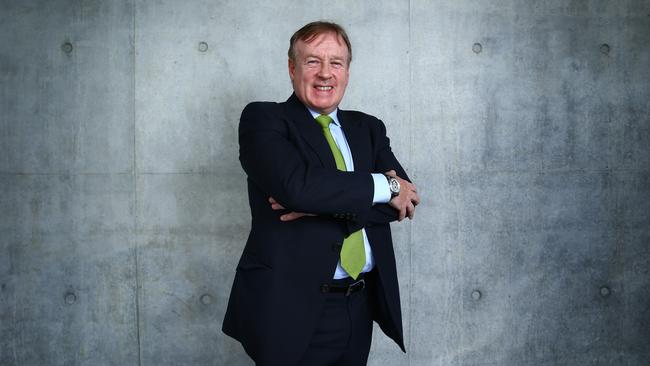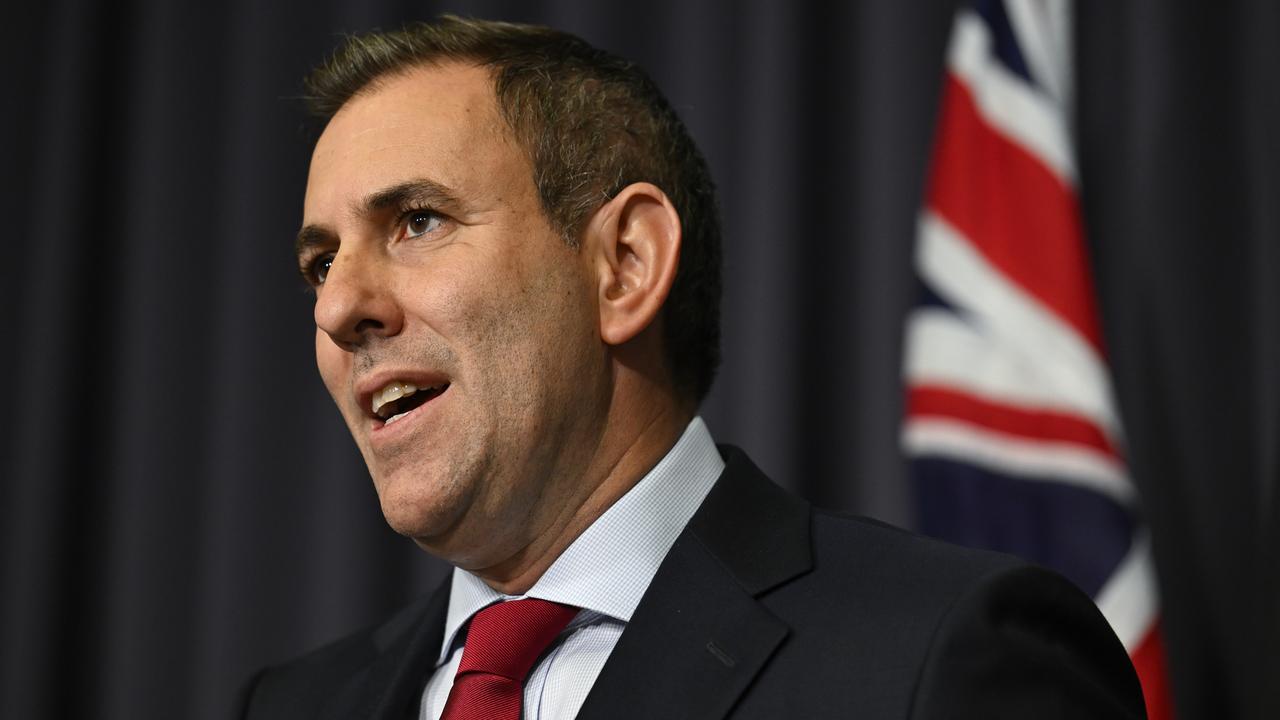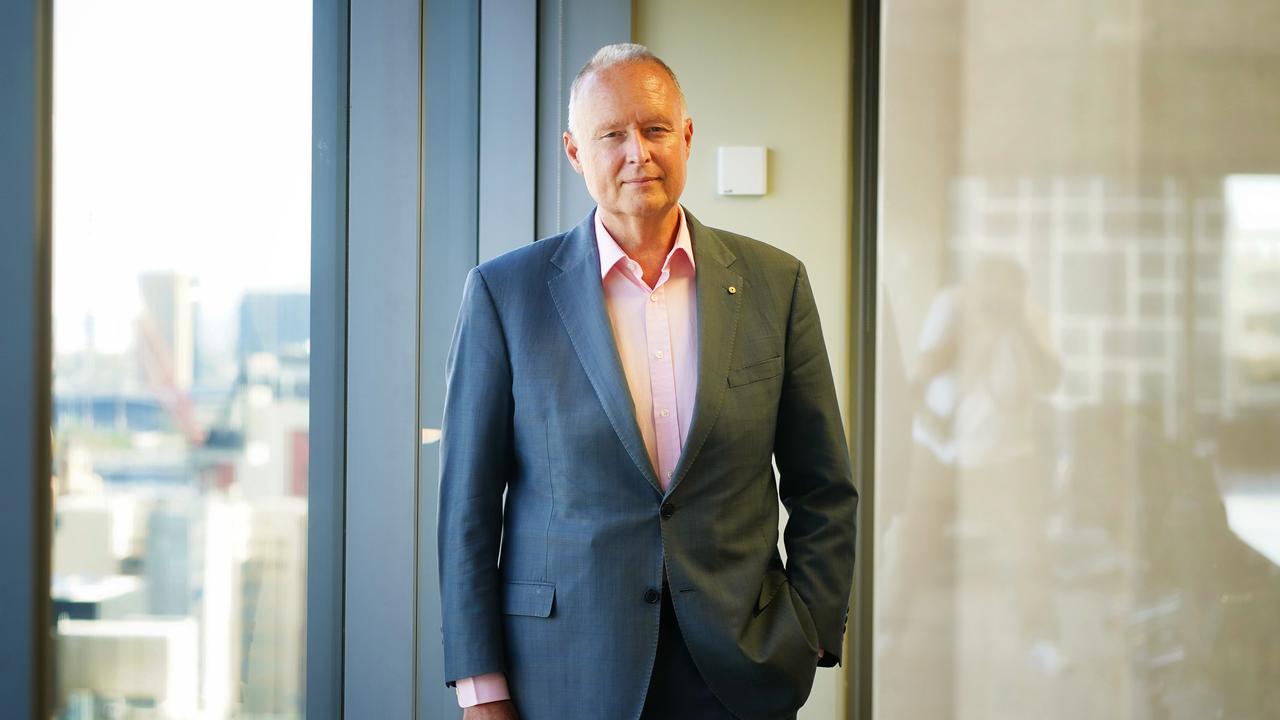Brace yourself for the two-speed economy, says Judo Bank chief

How is inflation affecting your business? Importantly, is the behaviour of your customers changing?
It is important to remember that small to medium-sized enterprises (SMEs) are not a homogenous category of business. Some sectors are better placed than others to manage the current economic challenges, such as higher interest rates, rising costs, and labour shortages.
The next 12 months will be key for Australian SMEs as the burden of interest rates and inflation washes its way through the economy. We anticipate that some sectors will cope better than others, particularly those reliant on discretionary consumer expenditure and the construction sector, which will need close monitoring.
How would you rate the shape of the Australian economy in the New Year?
In my view, we’ll avoid a recession, but some sectors are going to feel as if there is a recession. This will lead to the emergence of a two-speed economy.
It will be a tough year ahead for businesses relying on discretionary consumer and business spending as cost-of-living pressures bite, forcing consumers to tighten their belts. Businesses will be cautious in terms of investment given the uncertain interest rate and inflation outlook. There is a real risk that we will have to live with higher interest rates and higher inflation longer than might the case in other western economies.
What do you think is the big area of reform needed to happen so the Australian economy (and your business) can sustainably reach full potential?
The burden of regulation at a state and federal level continues to grow at a time when small businesses are grappling with a wide range of challenges. Whether it is taxes, labour laws, or food and safety regulations, adding to this burden acerbates the challenges small businesses are facing.
There has been a tendency over time to add more and more regulation without regard for the capacity of small businesses to cope. And this is now in a world where SMEs are having to navigate significant economic pressures. At a time like this, we should be looking at reducing red tape and making it easier for small businesses to fulfil their potential.
Australia has six years to meet its 2030 targets for a 43 per cent reduction in baseline emissions. What needs to happen here?
Philosophically, everyone is aligned – the public, the business community, and the government. We all want to see climate change taken seriously.
Unfortunately, such a rapid reduction in baseline emissions will be hugely challenging for high-emitting sectors. In fact, these targets will be a death knell for any sector that is incapable of change.
Yet conversely, it represents an opportunity for many parts of the economy, as demand for eco-friendly products and services increases over time.
Governments are doing a good job in opening up land for wind and solar farms. However, there needs to be more subsidies to help businesses and households to transition to solar power and electric vehicles and unlock the significant cost savings available with these technologies. Judo is doing its part by not lending to fossil fuel extractors and a range of other businesses with overwhelmingly negative ESG-related factors.
What level of adoption is your business currently at with the use of AI technology?
I am very excited about the potential for AI. It will be transformative not just for businesses, but for all of us and for society. Judo is busy experimenting and testing AI technology to identify opportunities for enhancing our relationship-led customer proposition or make it easier and faster for our teams to serve our customers. We see smart use of data, advanced analytics and machine learning as core capabilities.
What external issues do you expect to impact or disrupt your business within the next 12 months – the so-called 3am thought?
My greatest fear is the threat of cyber attacks. High profile cases in 2023 highlighted the damage these a[attacks can have on a business. Making sure that everyone within the business is alert to this risk and takes personal responsibility to protect the bank is critical – and is something that I am completely focused on and that Judo is very well prepared for.
Is business getting the balance right between investor, customer and other stakeholder demands when it comes to ESG issues?
The breadth of the issues contained under the umbrella of ESG is complex, challenging, and can sometimes feel overly bureaucratic and more of a compliance obligation rather than a positive motivator. Yet, the underlying principles are vitally important, particularly the ‘E’.
I don’t accept that the “G” is getting left behind – far from it. Australian businesses, particularly listed businesses, generally perform well in terms of governance. I think the concept of social licence by necessity, varies by industry. It is well accepted and proven that banks, telcos, and energy companies have a higher bar to retain their social licence.
On ESG generally, a clearer definition of what each element means and how it is applied would assist in bringing more focus and specificity that we need.
How has your organisation’s approach to staff working from home evolved since the pandemic?
I strongly believe that an office environment, where people turn up in person, is vital businesses and their cultures, particularly for young and growing businesses like Judo. Negotiating, brainstorming, building relationships, providing feedback – all these things can lose their effectiveness when done remotely.
The number of virtual meetings and chat messaging should be managed to avoid work becoming even more staccato, which research shows can come at a heavy cognitive cost and maybe a factor in the burnout rates that some recent international research has highlighted.
Many people, particularly younger staff, don’t always appreciate the long-term mental health costs of working remote and not having the support of an office environment. A famous scholar once said that there is only one true law of history, and that is the law of unintended consequences. This is a big concern for me when l think about working from home on a long-term basis.
Joseph Healy is the chief executive of Judo Bank






